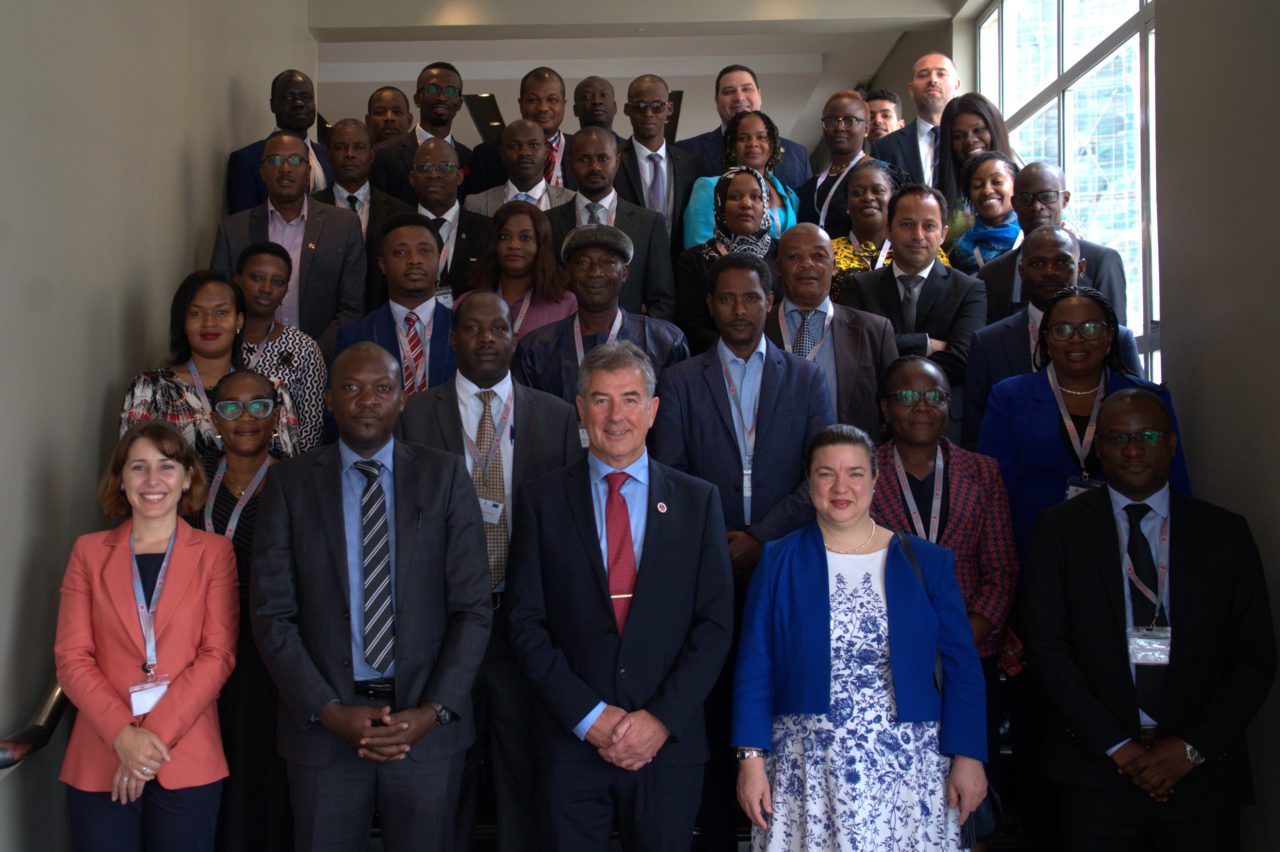CT PHARE
The CT PHARE – Platform for Human Rights Engagement Facility is the action implementing, under the Service for Foreign Policy Instruments (FPI) of the European Commission, the three-year global Facility in support of the EU External Action’s Council Conclusions on Preventing and Countering Terrorism and Violent Extremism of June 2020, aiming to provide human rights based counter-terrorism capacity building activities, including policy and institutional support to beneficiary countries and regions that request it. Established in October 2022, CT PHARE’s objective is to increase the degree to which states’ counter-terrorism policies, legislation and judicial strategies, in addition to day-to-day investigation and prosecution practices, comply with European and international recognised human rights standards –on both the policy and operational levels.
In March 2023, the International Institute for Justice and the Rule of Law (IIJ) has launched the CT PHARE Facility with an Expert Group Meeting (EGM) at its headquarters in Malta, convening 35 senior-level criminal justice sector practitioners, policymakers and representatives of international governmental organisations, academia, and civil society organisations (CSOs). Through informal exchanges and networking, the participants have been asked to identify and examine the most pressing challenges and good practices related to human rights in the context of counter-terrorism in the regions of the IIJ work in order to guide the successful implementation of the three-year CT PHARE Facility.
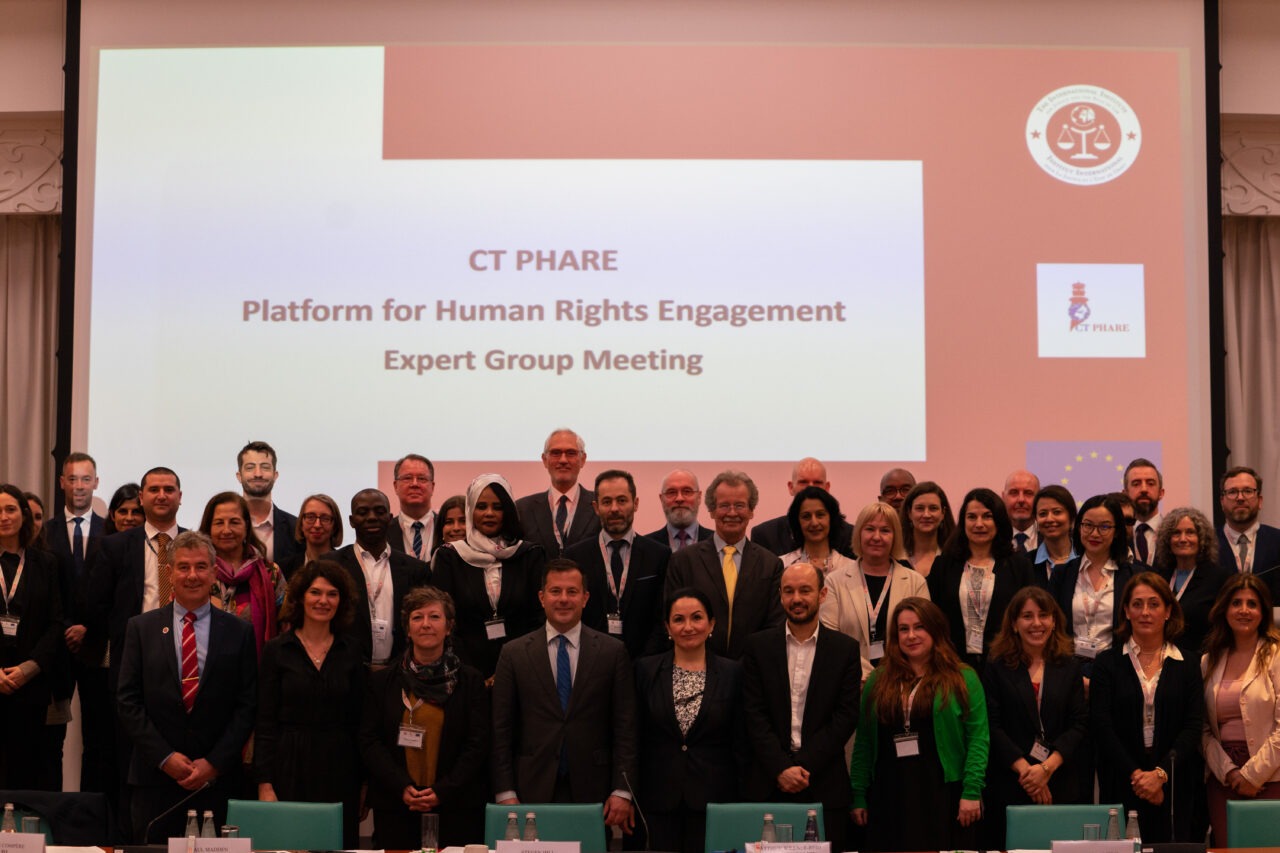
Components of CT PHARE
1: Enhancing Knowledge Strengthening Capacities of CT Practitioners
The purpose of Component 1 is to build the skills and capacities of management and mid- level counter-terrorism practitioners for ensuring full compliance with human rights obligations in their daily work. This component focuses on the human rights challenges that can appear at all stages of the criminal justice response to terrorism, from the definition of “terrorism” to the investigation, prosecution, trial and punishment of terrorism offences.
2: Supporting Policy and Institutional Reforms
The purpose of Component 2 is to support policy, legal and institutional transformations to effectively integrate a rule of law and a rights-based approach in counter-terrorism policymaking and criminal justice processes in beneficiary countries or regions. Civil society participation is necessary to fully understand their needs.
3: Promoting Transnational Cooperation
The purpose of Component 3 is to develop strategic transnational cooperation by facilitating the establishment and/or strengthening of institutional networks to exchange knowledge, good practices and lessons learned in the design and/or implementation of human rights-compliant counter-terrorism measures.
“CT PHARE’s objective is to increase the degree to which states’ counter-terrorism policies, legislation and judicial strategies, in addition to day-to-day investigation and prosecution practices, comply with European and international recognised human rights standards”
In order to address the most pressing human rights challenges in counter-terrorism, CT PHARE will implement the three Components by focusing on the following four specific workstreams.
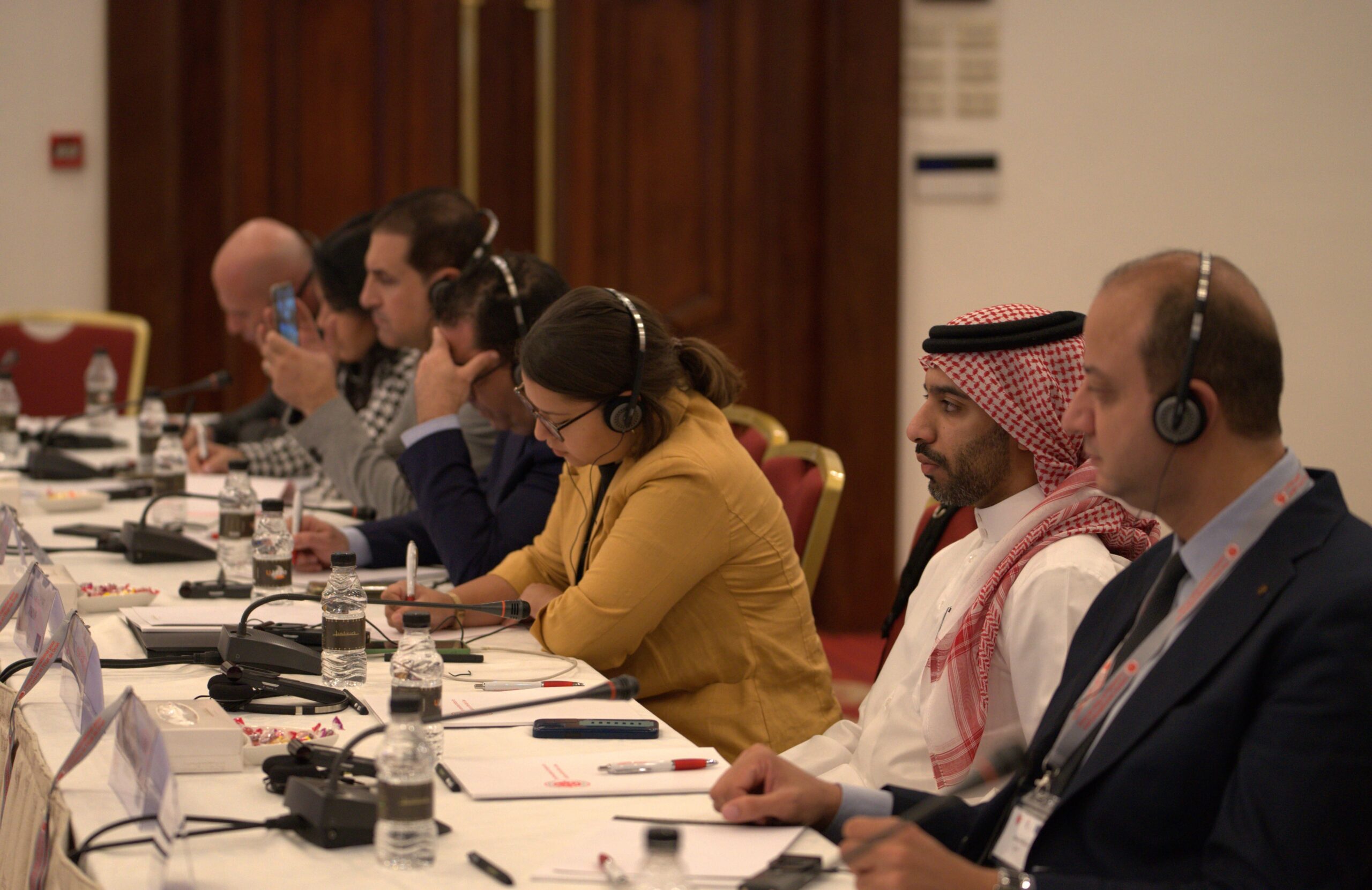
Workstreams
1. Oversight and Accountability Mechanisms in Counter-Terrorism Operations
The CT PHARE strategy for oversight and accountability mechanisms is to provide criminal justice practitioners, representatives of the National Human Rights Institutions (NHRIs)/Ombudsman Institutions, Police complaints authorities and CSOs’ from beneficiary countries, with an increased understanding on how to address gaps and vulnerabilities in their national responses to human rights violations, as well as to enhance collaboration amongst them and at the transregional level among their respective countries. To achieve this, four regional capacity building activities will be conducted initially to assist in identifying gaps and vulnerabilities in oversight and accountability mechanisms across the Middle East and North Africa (MENA), West and East Africa and Southeast Asia regions. These four capacity-building activities will be followed up with a transregional activity in Nairobi, Kenya on the 26-27 February 2024, incorporating representatives from all four previous events. At the transregional event, a set of recommendations will be finalized to assist with the development of a Global Counter-Terrorism Forum (GCTF) Framework Document on good practices relative to oversight and accountability mechanisms in counter-terrorism.
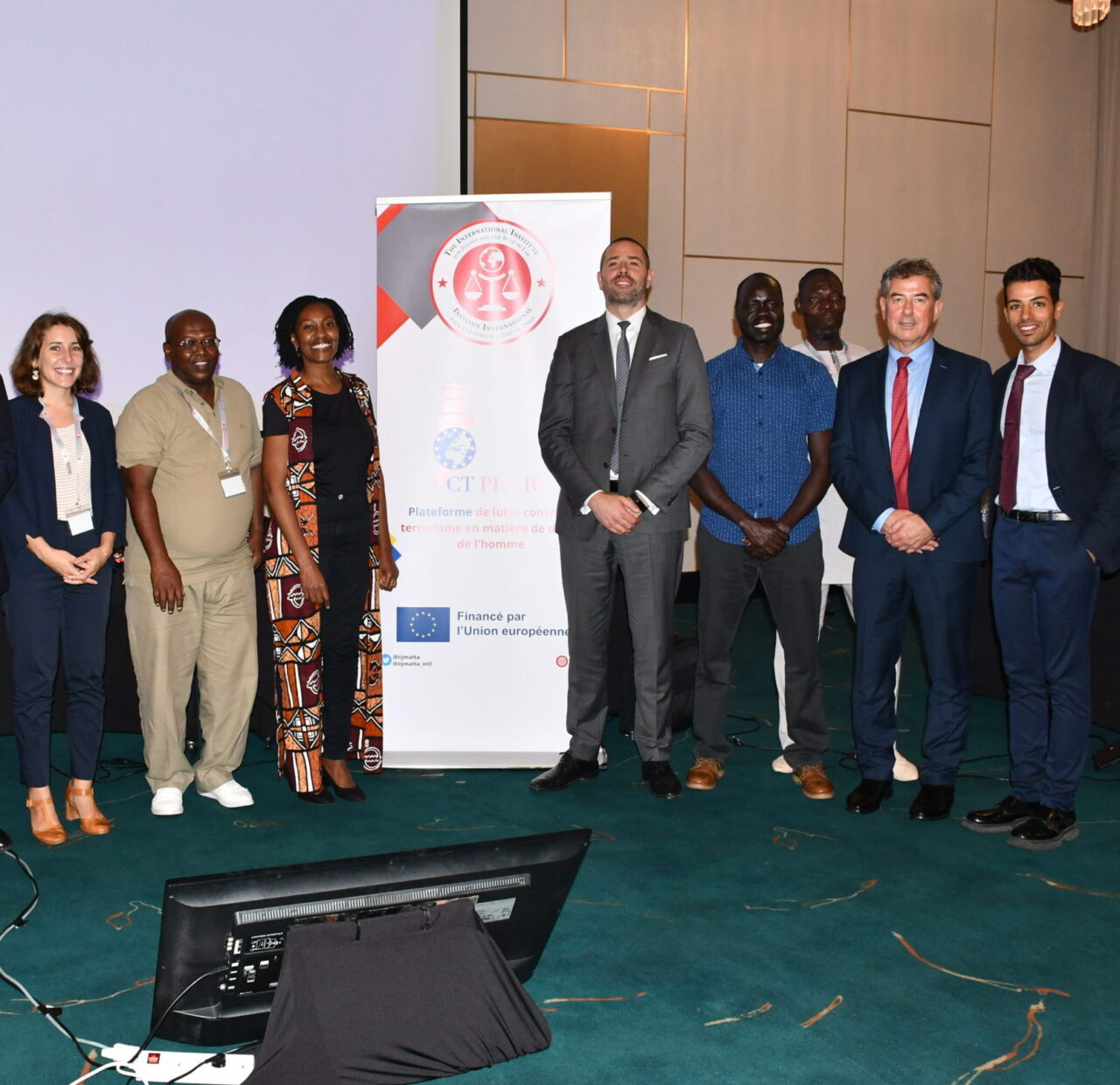
2. Protection of human rights in a context of militarized and military responses to terrorism
The overarching strategy for the protection of human rights in a context of militarized and military responses to terrorism is to raise awareness of human rights obligations during counter-terrorism operations. The objective of CT PHARE for this workstream is to provide the criminal justice practitioners (judiciary, prosecutors, law enforcement and security agencies), and policymakers from the beneficiary countries participating with an increased understanding on the Human Rights-Based Decision-Making Model (DMM) in counter-terrorism interventions and crisis management. The five-stage model continuously puts human rights at the core of all decision-making in the planning and delivery of counter-terrorism operations, investigations and adjudicating of terrorism cases. CT PHARE will conduct three regional capacity building activities to include countries from the MENA, West, and East Africa to expose criminal justice counter-terrorism practitioners to the DMM methodology whereby increasing their awareness of accountability at all levels in counter-terrorism operations. The outcome of the three regional activities will assist with contributions of participating states in drafting a set of recommendations to assist with the development of an IIJ Tool Kit for counter-terrorism practitioners on the use of Human Rights-Based DMM in counter-terrorism operations.
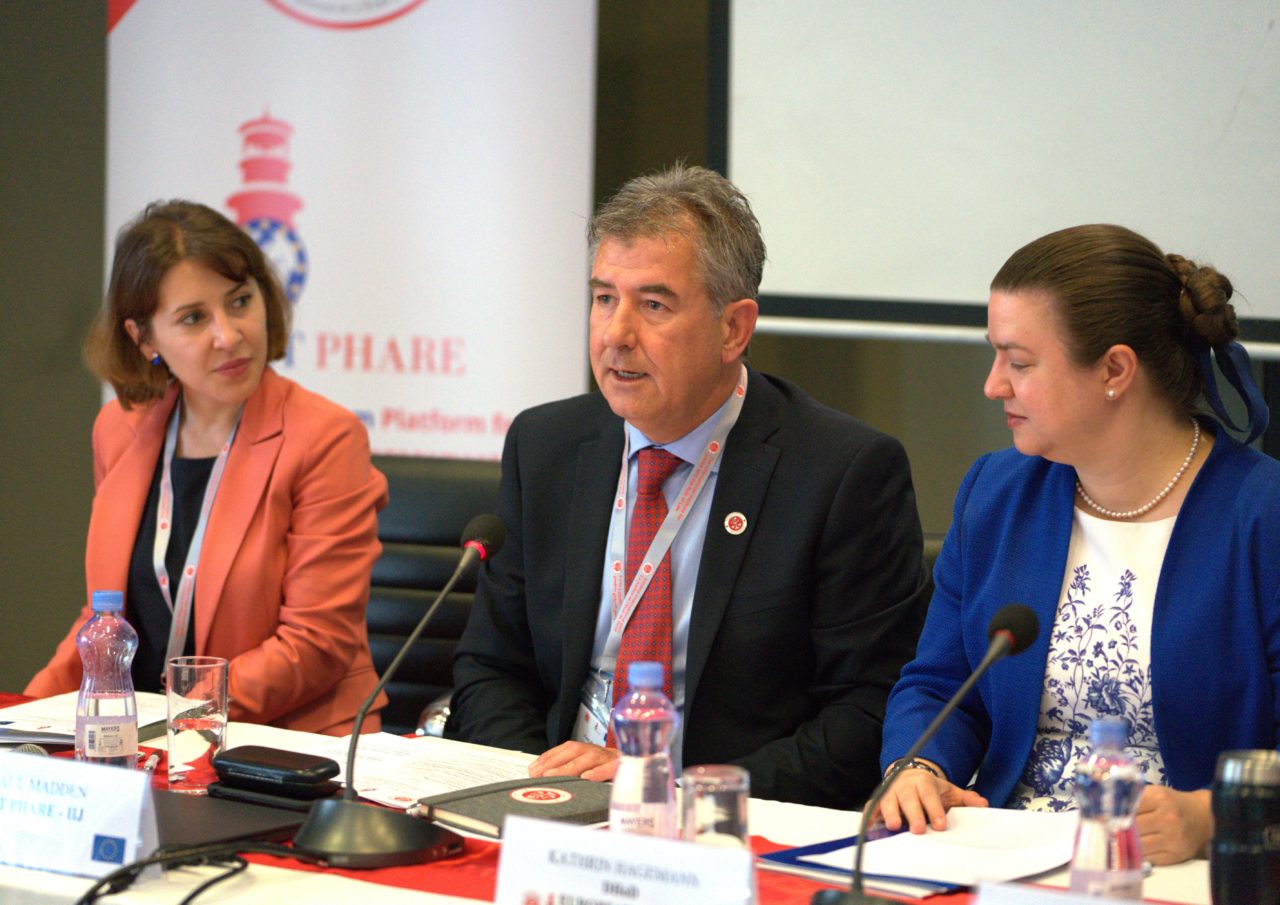
3. Pre-trial detention and the right to a fair trial
CT PHARE is since January 2023 supporting the GCTF Criminal Justice and Rule of Law (CJ-ROL) Working Group co-chaired by Italy and Nigeria to design and
distribute a survey to GCTF Members and other UN Member States to assess the practical use of The Hague Memorandum Good Practice 5 on supporting the right of the accused to a fair trial with adequate legal representation and The Rabat Memorandum Good Practice 7 on providing lawful exercise of pre-trial detention of terrorist suspects. The interim survey’s findings were presented on the 20th of September, at a side event organised in the margins of the Twenty-second GCTF Coordinating Committee and thirteenth GCTF Ministerial Plenary Meetings convened in New York.
In 2024, CT PHARE activities on pre-trial detention and the right to a fair trial will be derived primarily from the analysis of the outcomes of the GCTF CJ-ROL WG Survey.
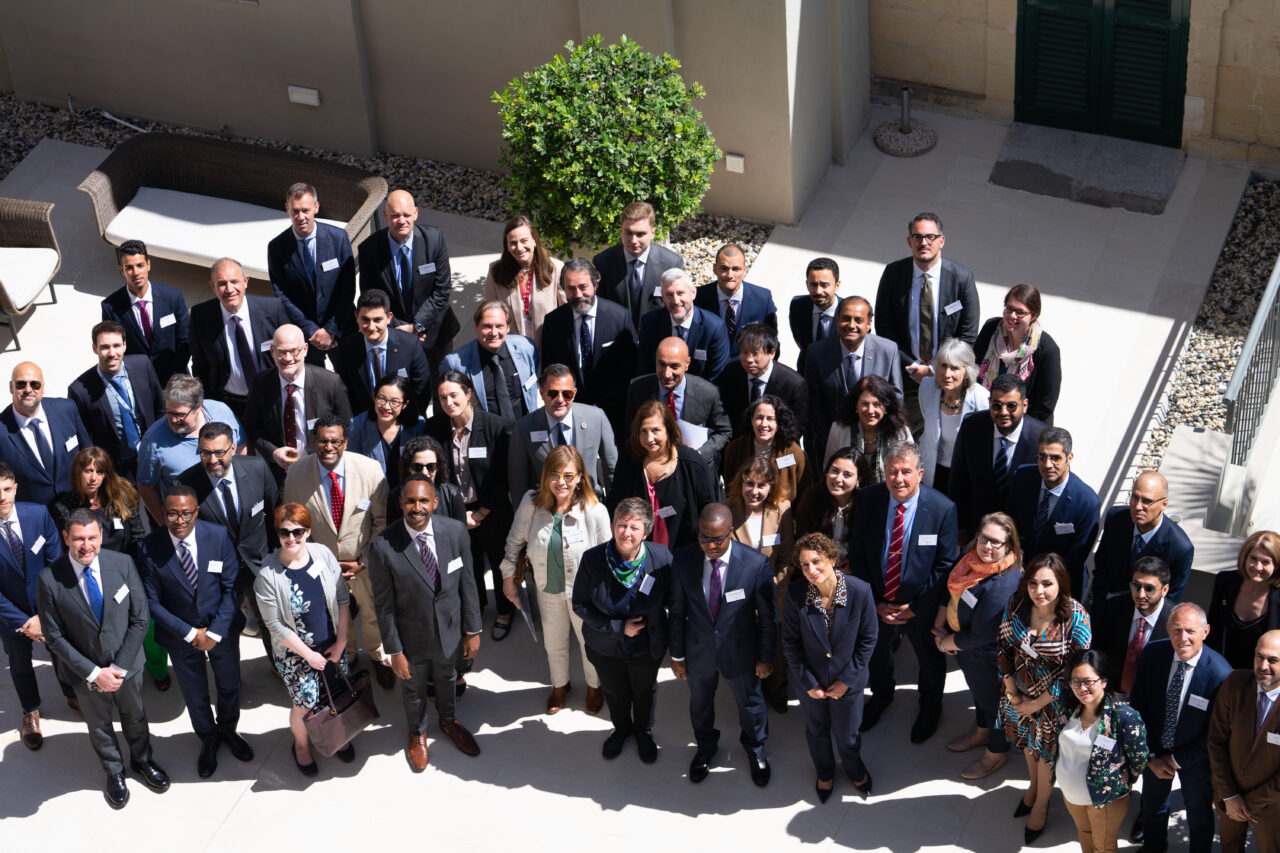
4. Workstream for requests from EU Delegations and EU/Security Experts
For the fourth workstream, with a view to supporting and facilitating the implementation of the EU Counter-terrorism Strategy and conclusions of the Council of the European Union and in the context of political dialogues on counter-terrorism between the EU and the respective countries, CT PHARE may provide demand-driven, tailor-made support to partner countries in the human rights domain of the counter-terrorism cycle to enhance their capacities to address terrorism from a human rights and rule of law perspective, when possible. CT PHARE will be flexible and designed in a way that allows for adjustments in activities considering developments or changing priorities within the respective geographic and/or thematic areas of human rights in counter-terrorism.

Target groups and Beneficiaries of CT PHARE
The target groups and intended beneficiaries of CT PHARE are all actors involved in the counter-terrorism cycle. More specifically, the action is aimed at:
- Senior-level practitioners, in particular heads of courts and counter-terrorism units (police chiefs, chief prosecutors, court presidents, deans of investigating judges, and chief clerks);
- Mid-level practitioners, such as intelligence and law enforcement officers, examining magistrates, prosecutors and judges, who are involved in counter-terrorism policymaking and implementation, as well as in investigating, prosecuting and adjudicating counter terrorism cases;
- Policymakers and other governmental stakeholders involved in designing, developing and/or implementing counterterrorism policies and strategies (e.g., Ministries of Justice, Interior/Home Affairs, and/or Foreign Affairs);
- Legislators/parliamentarians who propose, amend, and adopt counter-terrorism legislation and scrutinise governments’ behaviour to ensure that the legislation they pass and the mechanisms they create strike an appropriate balance between public protection and respect for human rights and the rule of law;
- Defense counsel, bar associations, local and regional human rights institutions, CSOs and community groups, with a particular focus on vulnerable groups who have been subject to or are at vulnerable to human rights violations; and
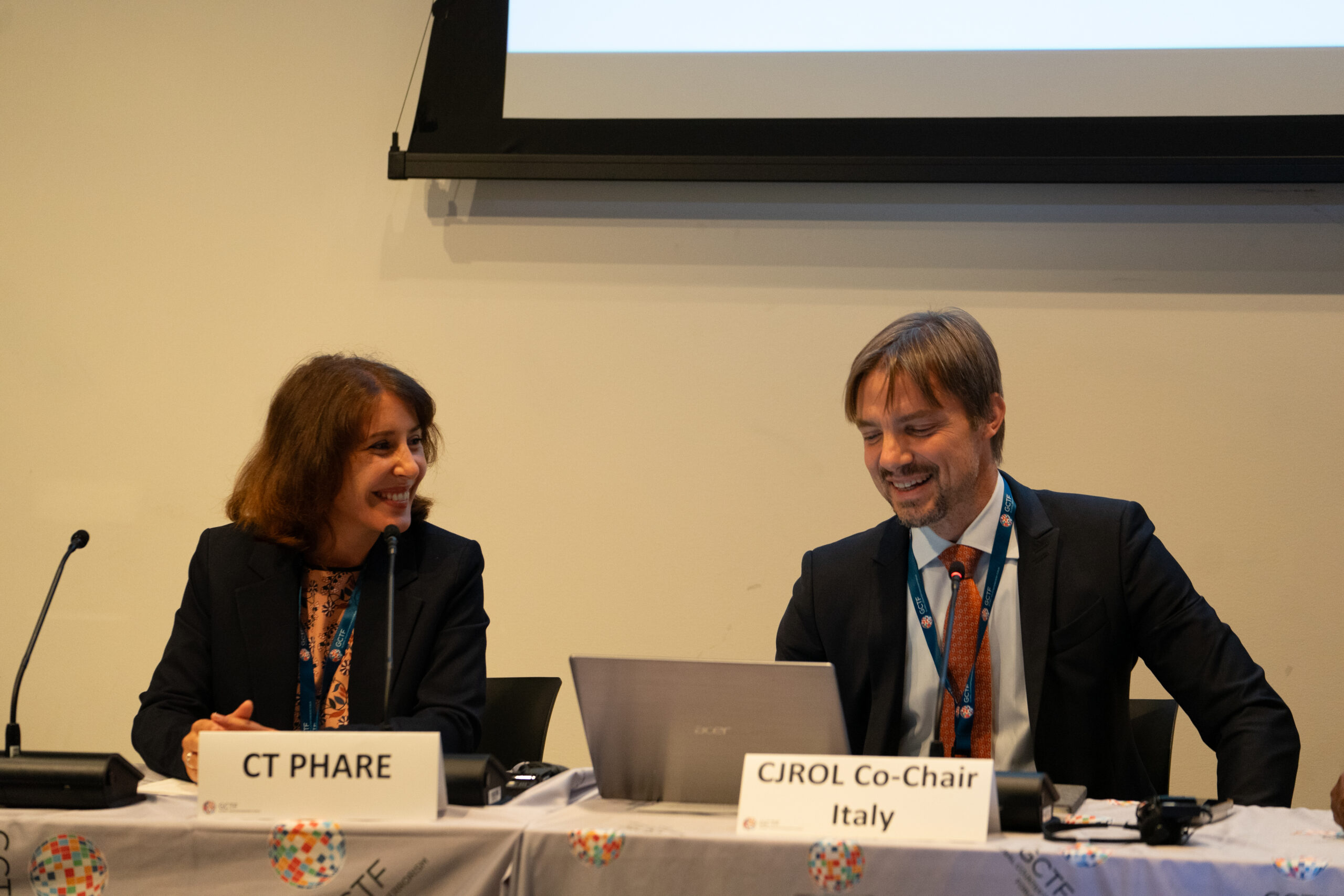
The project will also draw on the expertise and experience of:
- Practitioners and professionals from different disciplines who have helped design counter-terrorism policies and strategies and/or legislation in line with international human rights standards, particularly those from other countries in the same region as the beneficiary countries.
- Representatives of justice sector training academies and networks of criminal justice stakeholders; and
- Representatives of institutions responsible for promoting and protecting human rights around the world (e.g., the United Nations Human Rights Council), as well as members of regional courts (e.g., European Court of Human Rights, African Court on Human and Peoples’ Rights, Inter-American Court of Human Rights).
